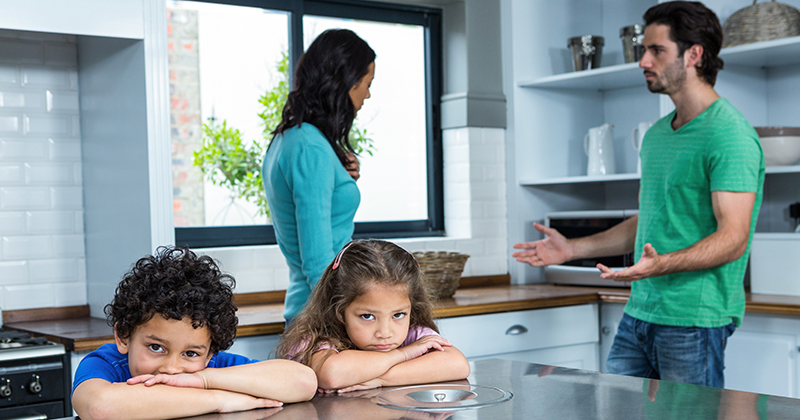Take the First Step... Call Us Today561-715-6404

To continue being children.
To be protected from your anger and frustration.
To be left out of the middle of conflict.
To NOT be responsible for YOUR well-being.
To be advised regularly about schedules and changes well in advance.
To feel and express what they need to feel, no matter what.
Choose a time when it is quiet and there is enough time to respond to their questions and concerns. And do it together.
Be calm, it’s okay to be sad, but don’t express anger and hostility, even if that is how you feel. Your feelings toward each other must not be projected on to the children.
Be sure to have a plan. Children are usually most curious about what will happen to them. It’s best not to tell them until you have a plan. For example, where will they be living? When will they spend time with each of you and most importantly, how will this change affect their day-to-day lives.Keeping it consistent and stable is most important.
The best way to respond to this is by talking about what children DON’T need to know. Whatever the ages of your children, the details of why you are divorcing are between you and your spouse. Your issues are adult issues. Children don’t need to know about infidelity or any other forms of betrayal. They don’t need to know the details of the divorce — how much money you are getting, your arguments about time sharing or any other issues that might concern them or make them feel like they must choose sides. They need to know that you both will continue to love them and be there for them … and most importantly, that EVERYONE will be okay.
As parents, we all share a common goal — to raise happy, healthy and well-adjusted kids. Sometimes when divorce is imminent, one of the biggest concerns is for the well-being of the children. We all know that divorce can be painful and traumatic for the entire family. While you may be more focused on the legal and financial needs of your family right now, your children are hurting, just as you are hurting. Some children will express this and others will keep it bottled up, for fear of creating more turmoil during an already chaotic time.
Research on children of divorce has shifted through the years. Twenty years ago, findings suggested that divorce left lasting effects on children of all ages. More current research suggests that the most successful outcomes for children of divorce occur when both parents are able to work in a spirit of collaboration toward what is in the best interest of the children.
Another important factor in healing after divorce is resilience. Resilience, to a great extent, is based on healthy emotional support and helping your child create a sense of well-being, even in light of this monumental change.
How is this accomplished? Children want to know that even though you have made the decision to no longer be husband and wife, you still like and support each other, because you love and support them. Even if it’s not true, it’s what your children need to believe. The greatest gift you can give to your children is showing them respect and admiration for each other. This is not always easy to do. If you find you are struggling, seek help.
Dr. Laura Richter is a licensed Marriage and Family therapist who works with individuals, couples, and families. Her specialties include: surviving infidelity, improving communication, beginning again after divorce and effective co-parenting after divorce. She is also a trained mediator, qualified parenting coordinator and collaborative law mental health professional. For more information, please call or text us today at 561-715-6404 to schedule a consultation to see how we can help.
© 2003 - 2024. Relational Consultants Group.
All Rights Reserved.